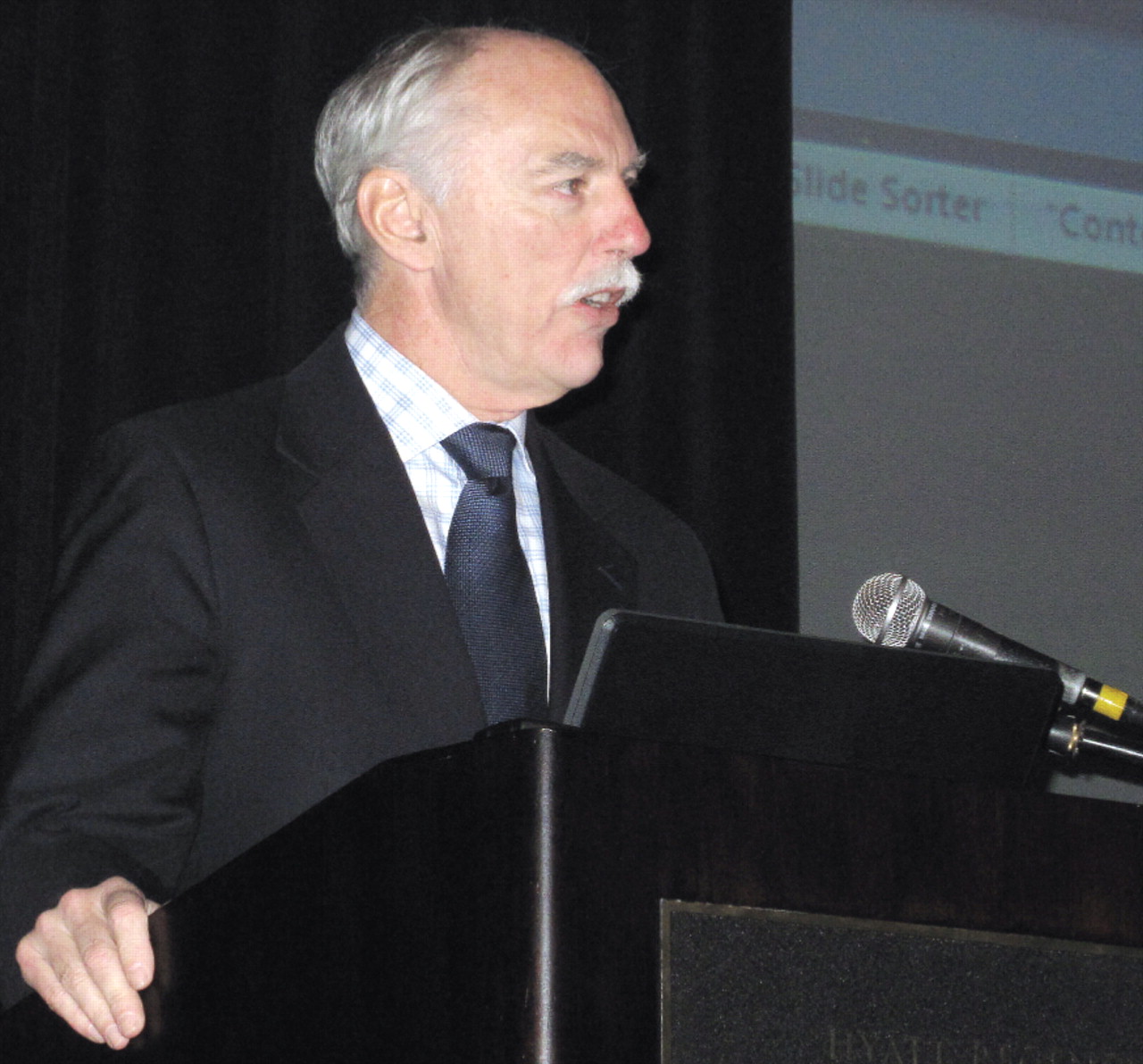White House Wants Primary Care More Involved in Drug Treatment
Abstract
The White House Office of National Drug Control Policy (ONDCP) will steer national policies and federal funding toward community-based, primary-care-driven, treatment-focused demand reduction efforts, A. Thomas McLellan, Ph.D., deputy director of the office, told psychiatrists and mental health professionals attending the American Academy of Addiction Psychiatry annual meeting in Los Angeles last month.

A. Thomas McLellan, Ph.D.: “We think it is … a lot easier and cheaper to bring addiction treatment inside the health care system.”
In his keynote speech, McLellan outlined the priorities in the ONDCP's drug-control strategies, which emphasize community-level prevention and treatment initiatives. The ONDCP is responsible for devising national drug policies and coordinating federal funds and grants distributed by dozens of agencies for drug-control programs.
The first priority, McLellan explained, is to establish a national prevention system, building long-term infrastructure in communities to reduce drug use, specifically targeting the high-risk teenage years. This will require communities to coordinate their drug-prevention efforts across schools, parents, law enforcement, and local policies. “We want to provide small grants to get communities prepared” to institute evidence-based prevention programs, he noted.
The second priority will be to greatly increase primary care's involvement in screening and managing large numbers of people with harmful substance use but who do not have severe substance abuse disorders, he said. He admitted that it is very difficult to persuade nonspecialty physicians to routinely provide screening and brief interventions for substance use problems, because many physicians are uncomfortable with discussing addiction. “We are talking with all the primary care medical societies, [and] all the deans of medical schools. It's time for medicine to get into the game,” said McLellan.
As a part of the pending health care reform, Medicaid will greatly expand its coverage for addiction treatment, McLellan said. “Medicaid is going to qualify no less than two-thirds of the people who are not qualified now,” he said. In addition, “we'll increase payment for screening and brief intervention and referral to treatment.”
Additional priorities in the ONDCP's strategies include increasing the quality of addiction treatment, providing more effective addiction treatments to offenders in prisons and ex-offenders in communities, and improving national data systems to measure performance better on the community level.
Addiction treatment will be integrated into the federal health care systems, including federally qualified health centers, the Indian Health Service, and, possibly, the military's Tricare system. Currently, 77 percent of specialty addiction treatment in the United States is already paid for by the government. “We think it is … a lot easier and cheaper to bring addiction treatment inside the health care system than to have health care come to the addiction-treatment system,” he said.
A psychologist by training, McLellan is a professor of psychiatry at the University of Pennsylvania and a cofounder and the executive director of Treatment Research Institute, a Philadelphia-based nonprofit research and policy-development group specializing in addiction and substance use treatment.
The government's 2011 fiscal year, which begins on October 1, 2010, will be the first year for the current administration to fully roll out its drug policies. Demand reduction—referring to efforts to decrease the level of substance use in the United States—gets a much larger share of funds in this budget than in previous years, McLellan said at the meeting. In the past, efforts to prevent illegal substances from entering and circulating in the United States took up a large majority of the federal drug-control resources.
“We are going to move [demand reduction] closer to the 50 percent mark.” said McLellan. In addition, “we are trying to blur the distinction between supply-reduction efforts and demand reduction.” For example, the administration intends to make the law-enforcement system more involved in drug-abuse treatment and prevention efforts, McLellan told attendees.
The ONDCP will release its official drug-control policy for the coming year in February. 



